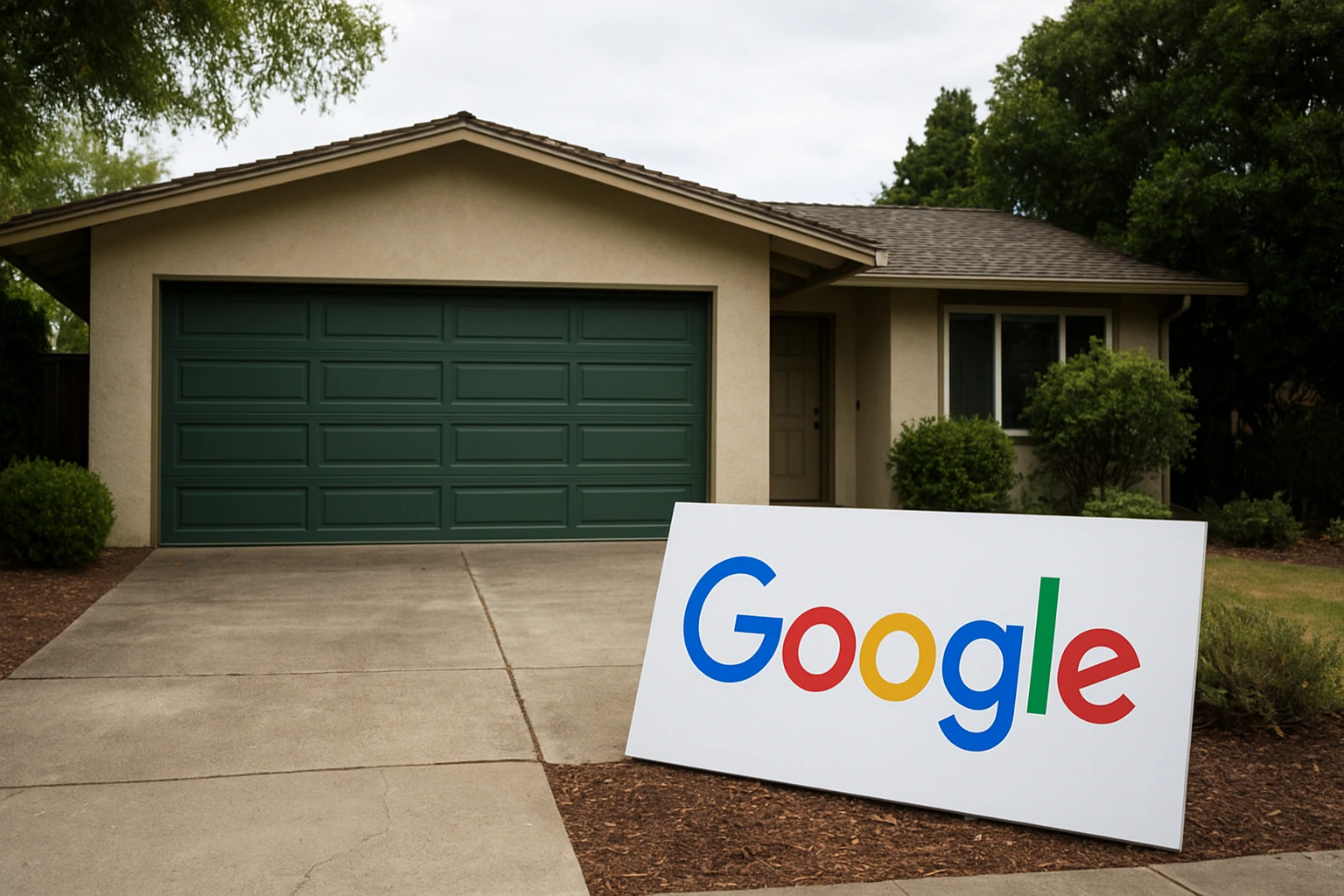Today marks Google’s 27th birthday, and it’s hard to imagine a world without it. What began as a small research project in a Stanford dorm room has grown into a company that shapes how billions live, learn, and connect every day.
Whether you’re searching for answers, streaming on YouTube, navigating with Maps, or checking your Gmail, Google is not just a tool it’s an inseparable part of modern life.
But how did this revolutionary platform evolve from a garage startup into one of the world’s most powerful technology giants? In this article, we’ll uncover the fascinating journey of Google’s 27 year evolution, filled with innovation, vision, and relentless ambition.
In This Article:
- The inspiring story behind Google’s 27th birthday from BackRub to a global empire.
- Key strategies and innovations that transformed a simple search engine into a digital ecosystem.
- Lessons for entrepreneurs and future innovators from Google’s growth and adaptability.
The BackRub Legacy Where It All Began
In 1996, Larry Page and Sergey Brin, two PhD students at Stanford University, started a research project named BackRub. The project analyzed the web’s structure by ranking pages based on their backlinks an idea that would later revolutionize search.
The duo realized that the web was expanding rapidly, and finding relevant information was becoming harder. Their link based ranking system offered a better way more accurate, more useful, and more human.
This academic curiosity soon turned into a vision: to organize the world’s information and make it universally accessible and useful. That vision remains Google’s mission statement to this day.
On September 27, 1998, Google Inc. was officially born. With limited funds but boundless ambition, Larry and Sergey rented a garage in Menlo Park, California, from Susan Wojcicki who would later become the CEO of YouTube.
The rent was $1,700 per month, and the setup was humble basic computers, minimal furniture, and a dream that seemed far fetched at the time. Yet, this modest garage became the launchpad for one of the most transformative companies in human history.
Every great story has a pivotal moment. For Google, that moment came in August 1998, when Andy Bechtolsheim, co founder of Sun Microsystems, wrote a $100,000 check to Google Inc. even before the company officially existed.
This initial seed funding turned an idea into a real business. Once the check could be cashed, Google started hiring, refining its search technology, and expanding its infrastructure. Within a year, search traffic soared, and Google began to outshine early competitors like Yahoo and AltaVista.
By early 1999, Google’s growth was unstoppable. The team outgrew the garage and moved to Palo Alto, the heart of Silicon Valley.
By 2001, Google had indexed billions of web pages. Its clean interface and lightning-fast results made it the search engine of choice for millions. The word “Google” soon became a verb Just Google it.
From there, expansion was rapid and relentless, (2004) Launch of Gmail, (2005) Acquisition of Android, (2006) Acquisition of YouTube, (2008) Launch of Chrome Browser, (2015) Restructuring under Alphabet Inc.
Each move reflected Google’s broader ambition not just to help people search but to reshape how the world connects and creates.
Today, as we celebrate Google’s 27th birthday, the company’s influence extends far beyond search. It powers nearly every aspect of the digital ecosystem, Android runs on over 3 billion devices worldwide.
YouTube hosts over 500 hours of content uploaded every minute. Google Maps serves 1 billion monthly users navigating cities across the globe. Google Cloud drives enterprise innovation.
AI tools like Gemini Bard and Google DeepMind lead the frontier of artificial intelligence. What started in a garage now powers the modern internet and perhaps the future of intelligence itself.
In 2015, Google’s founders created Alphabet Inc. a holding structure to better manage its growing range of products and moonshot projects.
Today, Sundar Pichai, a visionary leader from India, serves as CEO of both Google and Alphabet, continuing the founders’ legacy of innovation, ethics, and global impact.
Larry Page and Sergey Brin remain influential through Class B shares, ensuring that their vision of innovation and accessibility continues to guide Google’s path.

Google’s 27 Year Journey
Google’s success story offers powerful lessons for entrepreneurs and innovators, Solve a real problem Google began by solving a pain point finding reliable information.
Think long term Instead of short term profits, Google built trust and scale first. Innovate relentlessly, From search to AI, Google kept evolving with user needs.
Empower users, Accessibility and simplicity have always been at Google’s core. These principles turned a small project into a trillion dollar brand.
Education, Google Classroom and Chromebooks revolutionized remote learning during the pandemic. Healthcare, Google’s AI models assist in early disease detection and diagnostics.
Google pledges to operate carbon free by 2030, setting an example for global corporations. Each of these initiatives reflects Google’s larger mission using technology to improve lives.
If you’re an entrepreneur inspired by Google’s 27th birthday, here’s how you can apply its principles, Start small, think big, Your garage could be your launchpad.
Build tools that solve problems, not just generate revenue. Technology evolves; stay ahead of trends. Continuous learning keeps you relevant.
As Google turns 27, it stands not just as a company but as a symbol of possibility. From a humble garage to global dominance, Google’s journey reminds us that vision, innovation, and persistence can truly change the world.
The next chapter will be shaped by AI, quantum computing, and sustainability and if history is any guide, Google will lead the way.
What do you think is Google’s next big leap? Share your thoughts below, and don’t forget to share this article to celebrate Google’s 27th birthday with your friends.
